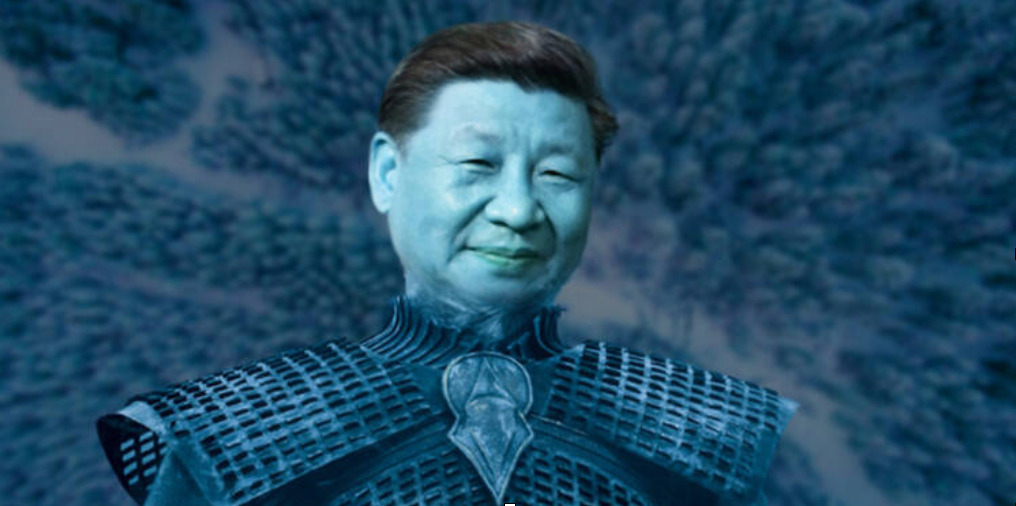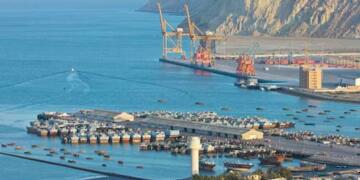China is running out of power because it is running out of coal. China’s capacity to produce thermal power has taken a massive hit, and the effect of the same is now being seen across heavy Chinese industries. China has once again resorted to power rationing. Factories, entire industries, small businesses – they are all being told to stop consuming electricity. Needless to say, without electricity, the economy of any nation will simply collapse. And then, China’s economy has hardly been in the best shape of late. China is the biggest coal consumer in the world. The Communist nation still consumes over 56 per cent coal as a part of its total energy consumption.
A shortage of the said fossil fuel can spell doom for China. And it has. Now, Apple and Tesla have directly been impacted by China’s electricity woes, and the same promises to be the end of their Chinese adventure. Several Apple and Tesla suppliers have suspended production at some Chinese factories for a number of days to comply with tighter energy consumption policies. According to Reuters, tight coal supplies in China and toughening emissions standards have triggered a contraction in heavy industry in several regions, dragging on the country’s economic growth rate.
Apple and Tesla Operations Hit
Apple supplier Unimicron Technology Corp late on Sunday said three of its China subsidiaries stopped production from midday on Sept. 26 until midnight on Sept. 30 to “comply with the local governments’ electricity limiting policy”. Concraft Holding Co Ltd, meanwhile, which is involved in the supply of speaker components for Apple’s iPhone and which owns manufacturing plants in Suzhou city was forced to shut operations for five days.
Read more: 7 Years of Make in India – What was dubbed as laughable back then is immensely successful today
China’s energy woes are becoming an ever-continuing problem. Almost annually now, manufacturers have to suffer the brunt of a power shortage in China. This not only adversely affects China’s own economy, but also hampers the supplies of global products being manufactured in China. Ultimately, multinational companies are forced to rethink their operations in China. Apple, in any case, has been looking to diversify its production options and has been turning to India after steadily abandoning China.
How Bad Are Things for China?
The three main industrial Chinese provinces- Jiangsu, Zhejiang, and Guangdong that account for around a third of China’s economy, are facing power cuts. In Jiangsu, steel mills have reportedly shut down and some cities are even turning off their street lights. Similarly, in Zhejiang, 160 industrial units including textile units had to be shut down. There is a severe shortage of thermal power and therefore the Guandong province has taken an extreme measure – advising residents to cut down on air conditioner usage and to rely on natural light instead of using home lighting appliances.
 Moreover, many small firms have started complaining that they have to curb or halt industrial activity. As a consequence, the MNCs operating in China may feel the pain of reduced industrial activity in the country.
Moreover, many small firms have started complaining that they have to curb or halt industrial activity. As a consequence, the MNCs operating in China may feel the pain of reduced industrial activity in the country.
According to China Energy News, coal plants may have to halt output because of low inventories, while there is a risk electricity generator will be unable to secure supply this winter. With insufficient inventories, many power plants in China not only face downtime but may also encounter the risk of breaking the capital chain.
- At the end of June this year, coal enterprises nationwide had stored about 50 million tons of coal, a year-on-year decrease of 26%.
- Nationwide, the total amount of coal stored in major ports was 62.98 million tons, a year-on-year decrease of 8.3%, while the coal-fired power plants throughout China stored about 110 million tons, a decrease of 21 million tons year-on-year, and a stock which can be used for only about 18 days straight.
- On the other hand, in the first half of the year, the country’s total electricity consumption increased by 16.2% year on year.
To make matters worse for the CCP, the imbalance between supply and demand has directly pushed up the price of thermal coal. Coal prices are hitting highs that stakeholders in China have never witnessed before. For power plants and other industries, the hike in coal prices is making operations unfeasible.
Last year too, the adverse effects of rising coal prices in China were starkly visible during the winter months. Many Chinese cities went dark since December 2020 itself, when lights went out and restrictions were imposed on the use of heating devices. With the winter months approaching once again, the Chinese populace must brace for a chilly and unforgiving winter, made worse by CCP’s anti -power-consumption diktats.
























